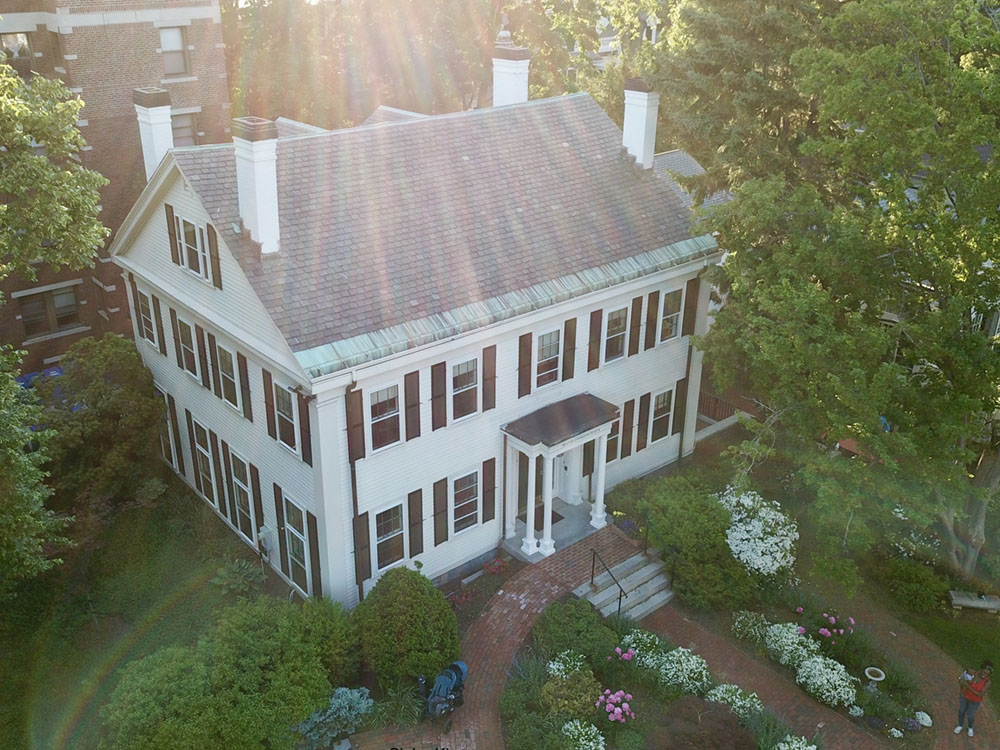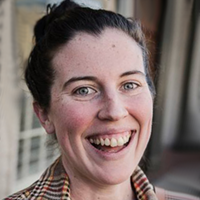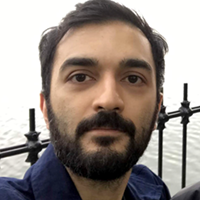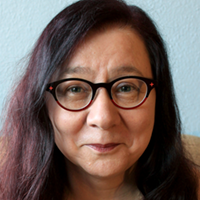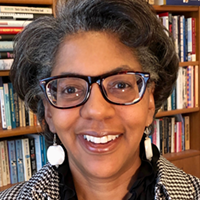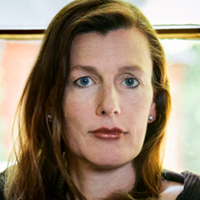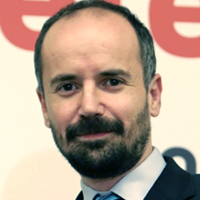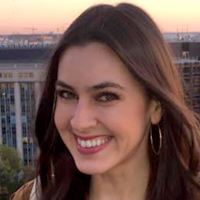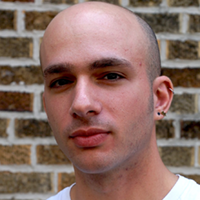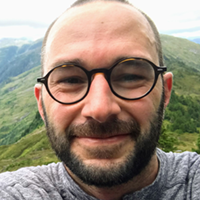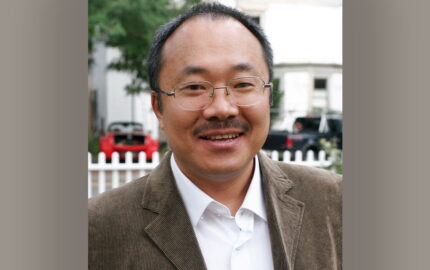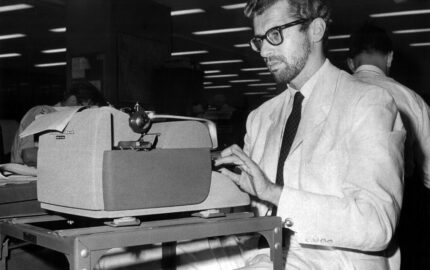The Nieman Foundation for Journalism at Harvard will host a group of nine reporters, editors, media entrepreneurs and academics as Knight Visiting Nieman Fellows during the 2019 calendar year. Each will spend time at Harvard University to work on a project designed to advance journalism in some innovative way.
Announcing the new fellows, Nieman foundation curator Ann Marie Lipinski said: “We’re excited about this group and look forward to learning from them and working with them to advance their ideas. The visiting fellows have been a great addition to our academic-year fellowship and continue to enrich journalism through their innovative projects.”
The 2019 Knight Visiting Nieman Fellows:
Nieman created the visiting fellowship program in 2012 to invite individuals with promising journalism research proposals to take advantage of the many resources at Harvard University and the Nieman Foundation. In 2015, the John S. and James L. Knight Foundation provided a $223,000 grant to support the Knight Visiting Nieman Fellowships. Those eligible to apply include publishers, programmers, designers, media analysts, academics, journalists and others interested in enhancing quality, building new business models, or designing programs to improve journalism.
The Nieman Foundation for Journalism at Harvard educates leaders in journalism and elevates the standards of the profession through special programs that convene scholars and experts in all fields. More than 1,600 journalists from 97 countries have been awarded Nieman Fellowships since 1938. The foundation’s other initiatives include Nieman Reports, a website and print magazine that covers thought leadership in journalism, Nieman Lab, a website that reports on the future of news, innovation and best practices in the digital media age and Nieman Storyboard, a website that showcases exceptional narrative journalism and explores the future of nonfiction storytelling.
Announcing the new fellows, Nieman foundation curator Ann Marie Lipinski said: “We’re excited about this group and look forward to learning from them and working with them to advance their ideas. The visiting fellows have been a great addition to our academic-year fellowship and continue to enrich journalism through their innovative projects.”
The 2019 Knight Visiting Nieman Fellows:
Nieman created the visiting fellowship program in 2012 to invite individuals with promising journalism research proposals to take advantage of the many resources at Harvard University and the Nieman Foundation. In 2015, the John S. and James L. Knight Foundation provided a $223,000 grant to support the Knight Visiting Nieman Fellowships. Those eligible to apply include publishers, programmers, designers, media analysts, academics, journalists and others interested in enhancing quality, building new business models, or designing programs to improve journalism.
The Nieman Foundation for Journalism at Harvard educates leaders in journalism and elevates the standards of the profession through special programs that convene scholars and experts in all fields. More than 1,600 journalists from 97 countries have been awarded Nieman Fellowships since 1938. The foundation’s other initiatives include Nieman Reports, a website and print magazine that covers thought leadership in journalism, Nieman Lab, a website that reports on the future of news, innovation and best practices in the digital media age and Nieman Storyboard, a website that showcases exceptional narrative journalism and explores the future of nonfiction storytelling.
